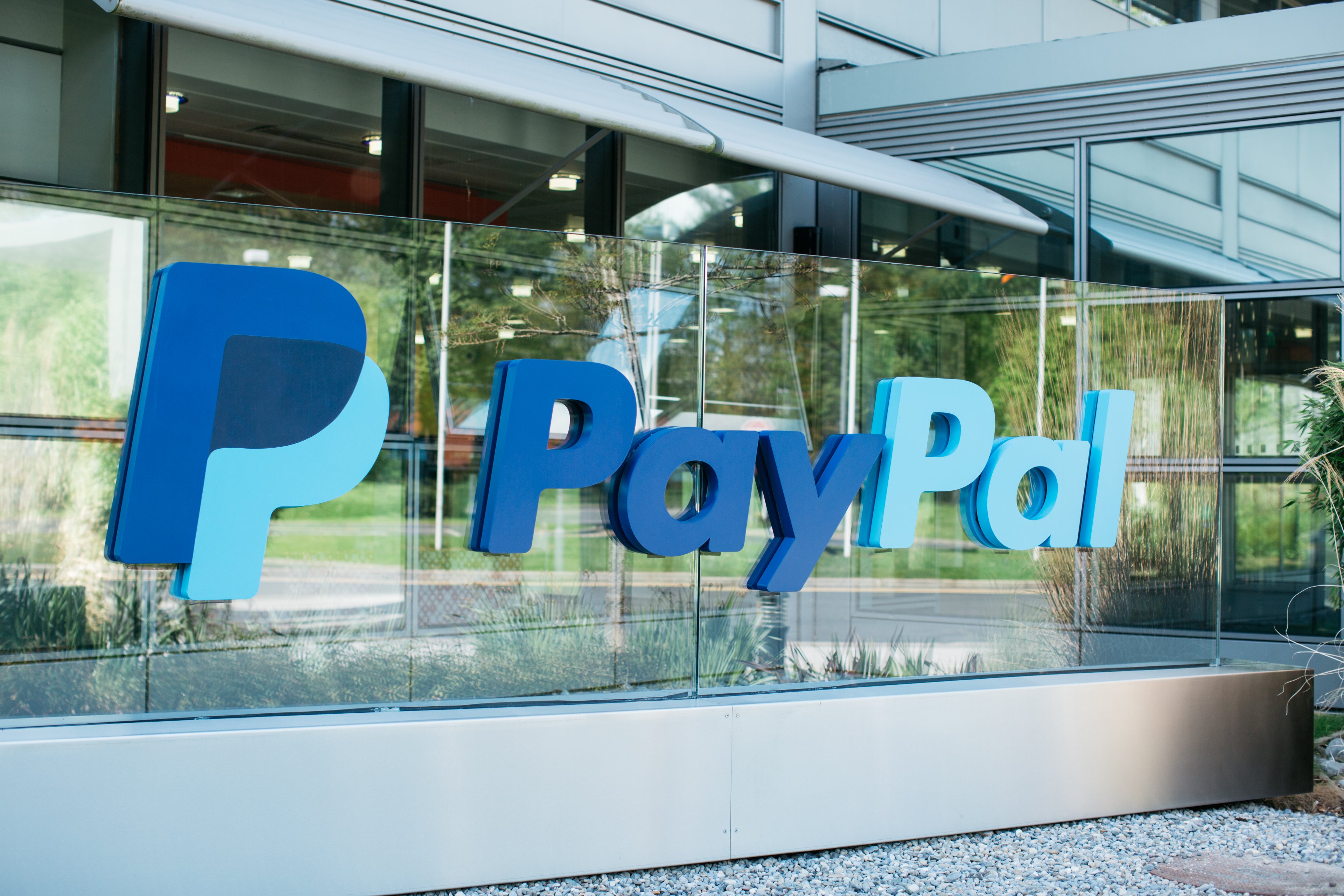After a post-financial crisis IPO boom, there weren't any business development company IPOs during the calendar year 2016. Goldman Sachs BDC (GSBD 2.45%), which went public in May 2015, remains the industry's newest listing.
Join The Motley Fool's Gaby Lapera and contributor Jordan Wathen as they discuss the lack of new BDC IPOs in 2016, and how companies like PennantPark Investments, Medley Capital, Fifth Street Finance, and others slashed fees to play more friendly with shareholders.
A full transcript follows the video.
This podcast was recorded on Jan. 9, 2017.
Gaby Lapera: There were "Fewer new listings."
Jordan Wathen: There wasn't a single IPO this year. The last one to go public, I believe, was Goldman Sachs'(GS 1.92%) BDC, and it really told the story of how out of favor these stocks were, because when Goldman Sachs took its BDC public, they actually said, "Hey, if this sells for less than book value, we'll buy back stock," which is something that never happens in BDC-land whatsoever.
Lapera: Right. And there was also, you said that "Portfolio quality will generally deteriorate."
Wathen: Yeah, I think we can definitely mark that as a yes, but that's an easy one. Time is going on now since the great financial crisis. So the credits you're seeing now that the BDCs are underwriting aren't nearly as good as the credits they saw in, say, 2010 or 2011, when there was more borrowers than money. Now, it seems like there's more money than borrowers.
Lapera: "BDCs will dose up on activist repellent."
Wathen: Oh, so many. This actually happened before I wrote the article, but Medley Capital reduced their fees. Then, after that, you had Fifth Street Finance, they reduced their fees. You have PennantPark Investments, they reduced their fees.
Lapera: And this is activist repellent because it makes activists less interested in trying to take over the BDCs because they're being more responsible.
Wathen: Right. The idea is, by reducing fees, it makes you less of a target. Typically, BDCs with lower fees or expenses will trade at higher prices relative to book value.









